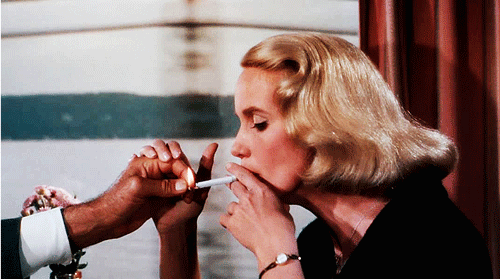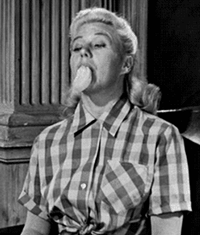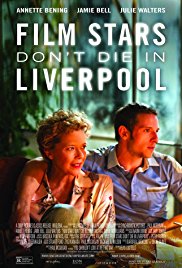by Nathaniel R
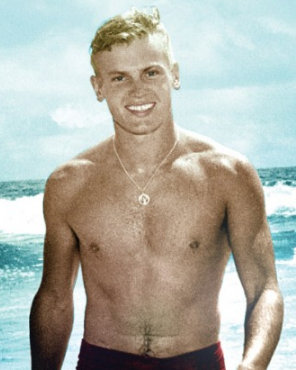 Tab at the beach in the early '50sApologies that we didn't say our goodbyes to one of Hollywood's best hunks, Tab Hunter, in a timelier fashion.
Tab at the beach in the early '50sApologies that we didn't say our goodbyes to one of Hollywood's best hunks, Tab Hunter, in a timelier fashion.
Tab's real name was Arthur Kelm but back in the studio days almost everyone got a catchier name to boost their celebrity appeal... and you can't really beat Tab Hunter for a memorable name, can you? (Sometimes we wonder why actors don't do that now. Benedict Cumberbatch as a stage name and so many actors use their real names even if their real name is long and hyphenated and hard to imagine on a marquee!).
Though born in New York his sun-kissed blonde beauty was a perfect fit for sunny California and Hollywood and he rose through the ranks quickly in films. Despite a few well regarded performances peppered throughout his career he was never considered a particularly strong actor and his fame diminished with time. Until recently but we'll get to that in a minute.
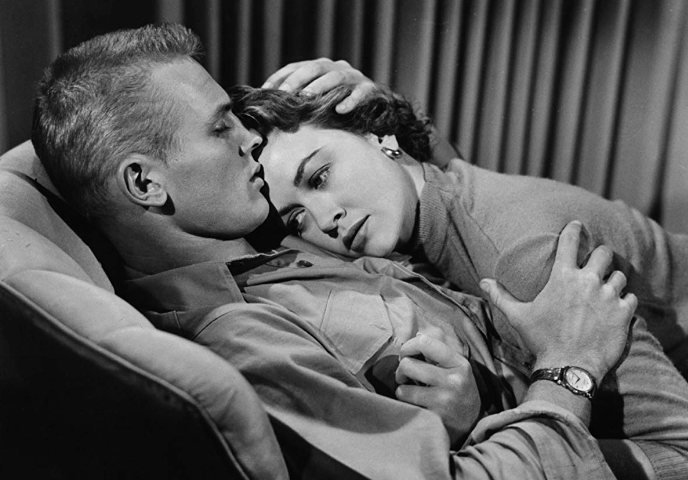 Tab Hunter and Dorothy Malone in "Battle Cry" from 1955, the year that made him a big star.
Tab Hunter and Dorothy Malone in "Battle Cry" from 1955, the year that made him a big star.
Yours truly first learned of him in the 1980s due to young me's obsession with Natalie Wood (my first actressexual fixation). The studio though they'd make a terrific onscreen couple and threw them together for back-to-back pictures in 1956 -- Burning Hills and The Girl He Left Behind -- because each had had big hits the year before. Teenage Natalie, already a star, was hot off of her first Oscar nomination for Rebel Without a Cause, ample proof that her child-star status would transfer well to adult stardom. Tab had had two huge hits in 1955 (Battle Cry and The Sea Chase). While his films didn't endure like Natalie's (with the arguable exception of Damn Yankees!), Warner Bros was passionate about his bankability...
Click to read more ...
 Saturday, March 2, 2019 at 3:00PM
Saturday, March 2, 2019 at 3:00PM 





